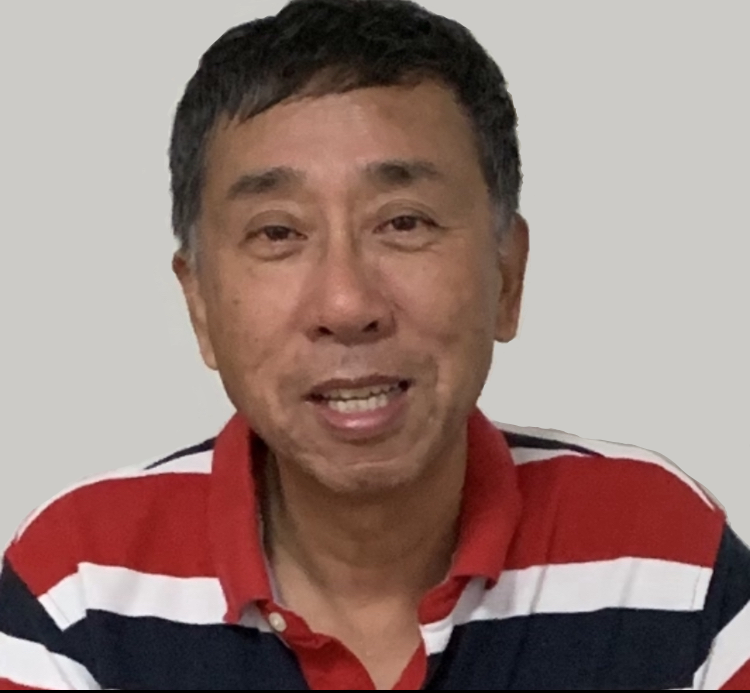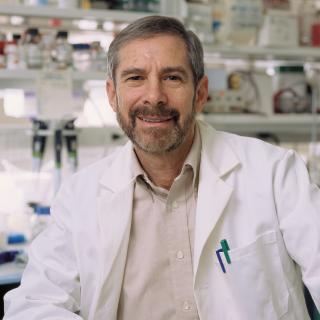
Dunrui Wang Ph.D.
- Center for Cancer Research
- National Cancer Institute
- Building 37, Room 4112
- Bethesda, MD 20892
- 240 760 7932
- dunrui.wang@nih.gov
RESEARCH SUMMARY
Dr. Wang's research interests include bringing insights into cancer by applying and developing solutions for the analysis of tumor genomic and proteomic datasets. He has used his bioinformatic and data analytical skills to collaborate with researchers both within and outside of the NIH.
Areas of Expertise

Dunrui Wang Ph.D.
Research
Dr. Wang’s current projects include: 1) Study of cancer-associated genomic changes in the DLC1 tumor suppressor and other Rho-GAPs and their association with decreased tumor suppressor function; 2) Study of specific phosphorylation sites in the ECT2 guanine nucleotide exchange factor as biomarkers in several tumor types and their role in the regulation of ECT2 activity; and 3) Developing bioinformatics tools available and accessible publicly for Clinical Proteomic Tumor Analysis Consortium (CPTAC) data analysis.
Publications
High levels of truncated RHAMM cooperate with dysfunctional p53 to accelerate the progression of pancreatic cancer
Targeting the SHP2 phosphatase promotes vascular damage and inhibition of tumor growth
Cancer-associated point mutations in the DLC1 tumor suppressor and other Rho-GAPs occur frequently and are associated with decreased function
Identification of Eph receptor signaling as a regulator of autophagy and a therapeutic target in colorectal carcinoma
SRC and ERK cooperatively phosphorylate DLC1 and attenuate its Rho-GAP and tumor suppressor function
Biography

Dunrui Wang Ph.D.
Dr. Wang received his Bachelor’s degree from Shanghai Medical University’s School of Pharmacy and his Master’s degree from Shanghai Second Medical University’s Department of Biochemistry. He was an instructor at Shanghai Second Medical University before moving with his family to the US. He received his Ph.D. degree from the Department of Biochemistry at the University of Mississippi Medical Center. His Ph.D. research, in Dr. Mark Olson’s laboratory, focused on the structure and function of nucleon protein B23. He was a postdoctoral fellow in Dr. Edward Chan’s laboratory in the Department of Molecular Medicine of Scripps Institute, where he studied the molecular mechanisms of Ro/SSA autoantigens in systemic lupus erythematosus and other autoimmune diseases. Dr. Wang worked for various biotech and pharmaceutical companies as a bioinformatician before he joined Laboratory of Clinical Oncology in 2014.
